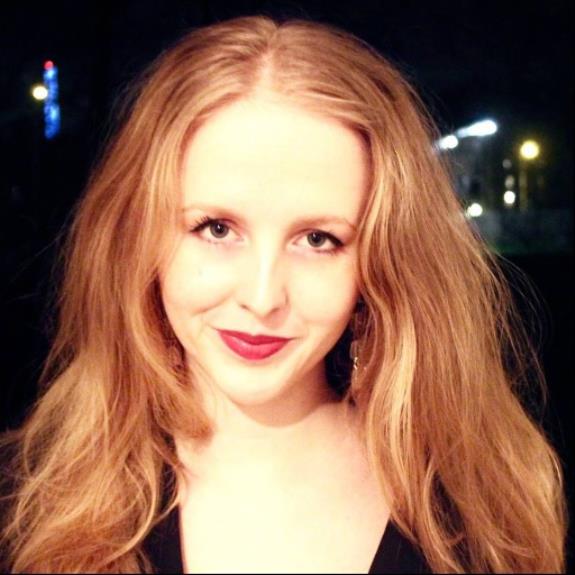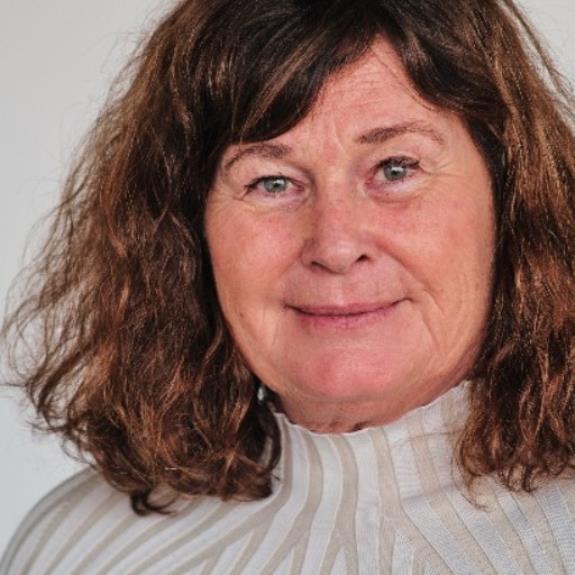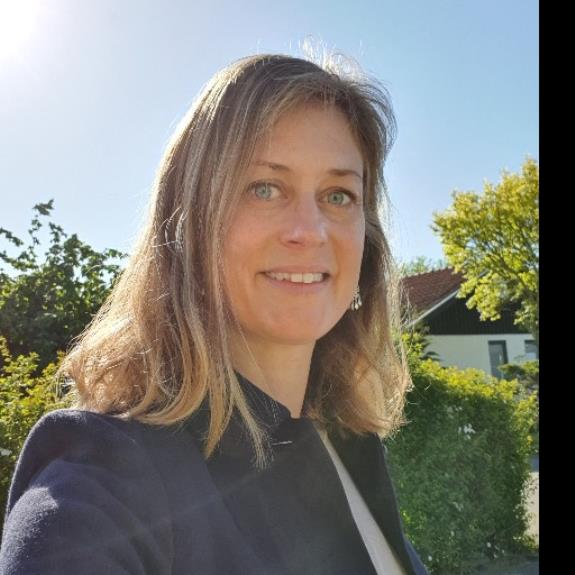We use cookies on this website. Cookies help us deliver the best experience on our website. Read about cookies.
-
- Education
- Education
- Programmes and courses
- Applications and admissions
- Tuition fees
- Scholarships
- Exchange studies at Malmö University
- Study Guidance
-
- After admission
- After admission
- Moving to Malmö
- Pre-orientation
- Arrival guide
-
- About studies at Malmö University
- About studies at Malmö University
- Why choose Malmö University
- Understanding university studies
- Connect with our students
On the page -
- Research
- Research
-
- Doctoral studies
- Doctoral studies
- Doctoral courses
-
- Doctoral schools
- Doctoral schools
- Adaptation of urban space through sustainable regeneration
- ComBine
- Culturally Empowering Education through Language and Literature
- Education, Learning and Globalisation
- Finding ways in a time of great future challenges (FinnFram)
- Swedish National Graduate School in Science and Technology Education Research
- Learning in Multicultural Societal Contexts
- Pedagogy and Vocational Skills
- Relevancing Mathematics and Science Education (RelMaS)
- Sustainable Movement Education
- The National Research School for Professionals in Social Services
- Research subjects
-
- Research centres
- Research centres
- Biofilms Research Centre for Biointerfaces
- Citizen Health
- Imagining and Co-Creating Futures
- Institute for Urban Research
- Malmö Institute for Migration Studies
- Literacy and Inclusive Teaching
- Centre for Work Life Studies
- Sustainable Digitalisation Research Centre
- Centre for Sexology and Sexuality Studies
-
- Research publications
- Research publications
- Search for research publications in Diva
- Malmö University Press
- Research events
- Participate in a research study
- Coffee Break Quiz
On the page -
- Collaboration and Innovation
- Collaboration and Innovation
-
- Levels of collaboration
- Levels of collaboration
-
- Local collaboration
- Local collaboration
- Muvah
- Co-Create Malmö
- Regional collaboration
- National collaboration
-
- International collaboration
- International collaboration
- UNIC
- Innovation
- Collaboration with students
-
- Collaborate with researchers
- Collaborate with researchers
- Labs and facilities
- Culture collaboration
- Support Malmö University
- Alumni & Friends
On the page -
- About us
- About us
-
- Faculties and departments
- Faculties and departments
-
- Faculty of Culture and Society
- Faculty of Culture and Society
- Department of Global Political Studies
- School of Arts and Communication
- Department of Urban Studies
-
- Faculty of Education and Society
- Faculty of Education and Society
- Department of Childhood, Education and Society
- Department of Sports Sciences
- Department of Culture, Languages and Media
- Department of Natural Science, Mathematics and Society
- Department of Society, Culture and Identity
- Department of School Development and Leadership
- The Centre for Teaching and Learning (CAKL)
-
- Faculty of Technology and Society
- Faculty of Technology and Society
- Department of Computer Science and Media Technology
- Department of Materials Science and Applied Mathematics
- Faculty of Odontology
- University Dental Clinic
-
- Find and contact Malmö University
- Find and contact Malmö University
- Visit Malmö University
-
- News and press
- News and press
- Graphic manual
- Map of the buildings (Google Maps)
- Merchandise
- Supplier information and invoice management
- Whistleblowing
- We will help you with your questions
- Management and decision-making paths
-
- Malmö University's strategy 2030
- Malmö University's strategy 2030
- Sustainability
- Widened recruitment and participation
- Quality assurance work at the University
-
- Malmö Academic Choir and Orchestra
- Malmö Academic Choir and Orchestra
- Student work – video pieces
-
- Annual Academic Celebration
- Annual Academic Celebration
- Academic traditions
- Meet our new professors
- Meet our new doctors
- Honorary doctors
-
- The University in a troubled world
- The University in a troubled world
- Campus total defence
On the page
Mindfulness
– knowledge and practice
The University's mindfulness knowledge hub gathers lecturers and researchers, initiates research projects and facilitates knowledge exchange. We are looking for collaboration partners both from in and outside the academic world.
Mindfulness
Mindfulness has a historical connection to Buddhist traditions and primarily the concept of sati, which in its original context is part of a doctrine of salvation that emphasises liberation from the material world. In the encounter with a "Western" audience, mindfulness has been partly reformulated as secular practices, and the religious features have been toned down. Today, mindfulness practices are used in healthcare, school, business, culture and sports to improve or optimise mental well-being and increase performance.
Several measures are needed to reduce the suffering that mental illness can lead to. We see it in business, school and even sports. In order to increase both performance and well-being, mental health needs attention.
Susanna Hedenborg, Professor of Sports Science
Research shows that regular mindfulness practice has positive effects on people suffering from stress, anxiety, depression and pain. Regular mindfulness training has also been shown to increase the well-being of otherwise healthy people. The exercises involve, for example, focusing on your breathing and how it feels in your body, or what you can perceive with your senses. During mindfulness training, and in life in general, it is easy for our thoughts to pull us away from the present – we brood, worry and daydream. In mindfulness exercises, the ability to observe streams of thought, accept what is happening, let go of thoughts, and consciously direct attention back to our activity is trained.
A knowledge environment to build on
At Malmö University, there is a recognised and growing sports science knowledge environment with the social issues of sport in focus, where education and research of the highest quality are inseparable. There are many international active researchers, teachers and doctoral students as well as students at all levels. We deal with questions about the organisation of sport, but also questions about how the individual is affected by sport. Today, mindfulness is used in many areas of society. We enlist the support of educational and historical studies scholars to understand what this use looks like. This is something we will build on.
Publications
-
2026 | Article in journal
Religion, spirituality, or stress management?: Mindfulness and meditation in Swedish textbooks for Religious Education and Physical Education and Health
Manon Hedenborg White, Torun Mattsson
-
2025 | Other
At the Crossroads of Buddhism, Esotericism, and Academia: The History of Modern Mindfulness
Manon Hedenborg White
-
2025 | Other
From Buddhist Meditation to Stress-Management: Mindfulness in a Historical and Contemporary Perspective
Manon Hedenborg White
-
2025 | Article in journal
Tackling High Prevalence of Mental Health Challenges among University Students using Digital Technology: Opportunities and Challenges
Winnie Mak, Anne H. Berman, Petra Lindfors, Alan C. Y. Tong, Naira Topooco, Claes Andersson, Marcus Bendtsen, Olof Molander, Nooshin Talebizadeh
-
2025 | Conference paper
The Magus and the Monk: Meditation in the Writings of Allan Bennett and his Influence on Aleister Crowley
Manon Hedenborg White
-
2025 | Conference paper
"Turbaned Orientals and Women of the Underworld": Whiteness and Heterosexuality Interrupted in Early-20th Century Tabloid Portrayals of Aleister Crowley
Manon Hedenborg White
-
2025 | Article in journal
Change in Tinnitus Severity After an Online Self-Paced Tinnitus Course: A Retrospective Cohort Study in Acute and Chronic Tinnitus Patients
Annemarie van der Wal, Frank Lobbezoo, Roel van Gorkum, Naichuan Su, Hans Korfage
-
2024 | Chapter in book
Being mindful of the other
Magnus Englander
-
2024 | Article in journal
A Mindfulness- and Acceptance-Based Intervention for Injured Athletes
Karin Moesch

Joacim Andersson

Manon Hedenborg White

Lisa Hellström
Lectures
Mindfulness as a historical and cultural phenomenon
Mindfulness as a historical and cultural phenomenon
Mindfulness-based interventions in sports
Mindfulness-based interventions in sports
A seminar with Daniel Birrer from the Swiss Federal Institute of Sport Magglingen. It's about mindfulness in sports research.
Making mindfulness – Josephine Selander
Making mindfulness – Josephine Selander
https://qcnl.tv/e/498RgP7Pr3VfgBBlmoWvsA
Fundraising
Agartha
Agartha
Through the donation, Agartha AB, a Malmö-based and family-owned investment company, enables Malmö University to strengthen its research in mindfulness.











